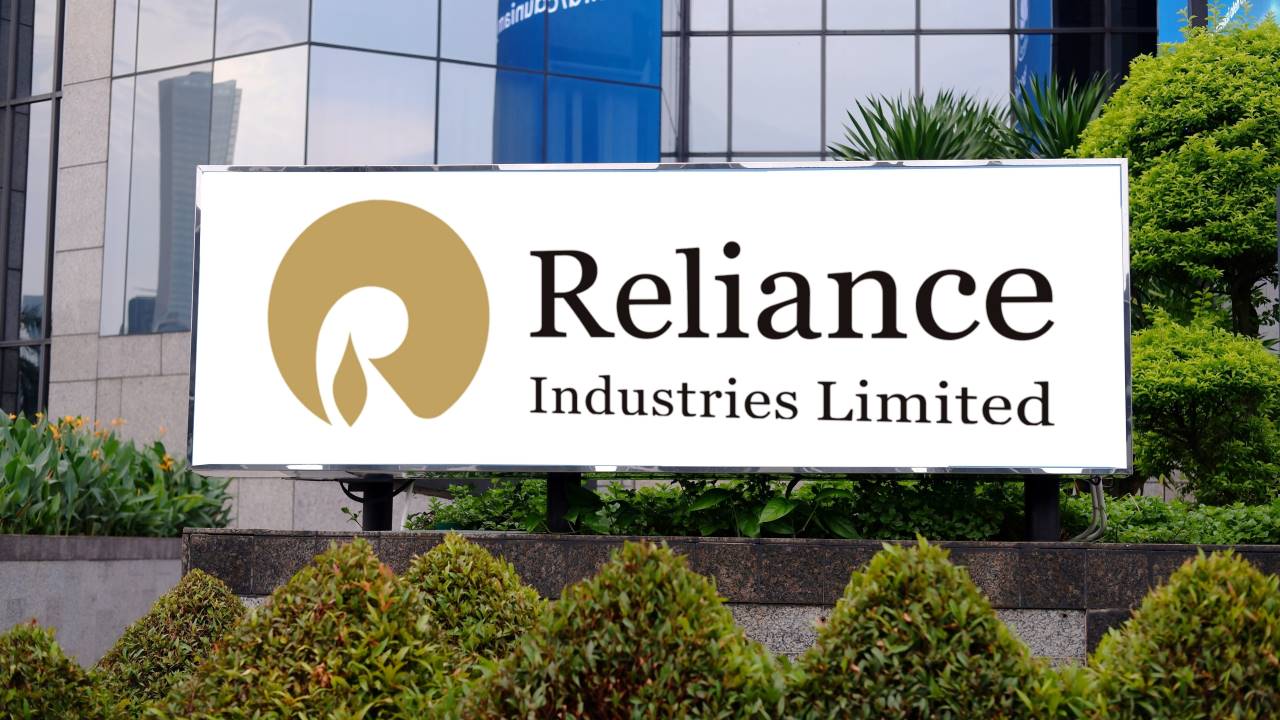HomeMarket NewsGlobal oil supply stable even as EU tightens sanctions on Russia, say former CMD of HPCL
MK Surana, former CMD of HPCL, believes that there is unlikely to be any major disruption in oil prices or supply in the global market because of these sanctions.

The European Union has approved its 18th round of sanctions against Russia in response to the ongoing war in Ukraine. These new measures are focused mainly on hurting Russia’s oil and energy revenues.
One of the major steps includes new restrictions on companies connected to the Nord Stream gas pipeline, a key route for transporting natural gas.
The EU has also reduced the price cap on Russian crude oil sales to $50 per barrel, down from the previous $60. This move is aimed at limiting how much Russia earns from oil exports.
In the financial sector, 22 more Russian banks have been cut off from the SWIFT global payment system, further isolating them from international transactions.
Shipping is another area being hit. The EU has added 105 more vessels to its sanctions list—on top of 342 already targeted—that are believed to be involved in transporting Russian oil.
Lastly, the EU is banning the export of specific equipment and materials that could be used by Russia's defence industry.
Focusing on crude oil, the new sanctions could significantly impact India. One key measure includes restrictions on the operations of Rosneft’s refinery in India, which has a capacity of 20 million tonnes per year. This is expected to affect both the sourcing and refining of Russian crude in the country.
Analysts warn that importing oil from Russia may now become more difficult due to challenges in securing vessels and insurance.
With around 25% of India’s total crude currently coming from Russia, any disruption could raise transport and insurance costs. As a result, oil marketing companies may face higher overall expenses when sourcing Russian crude.
MK Surana, Former CMD of HPCL noted that the market is oversupplied by 1 million barrels per day, mitigating supply disruptions.
He also highlighted that India's refineries, including Rosneft's 20 million tonnes per annum refinery, are well-supplied, with no significant impact expected.
According to Surana, uncertainties around tariffs continue to affect demand, and while electric vehicle sales are rising, the broader energy transition remains somewhat unclear. While demand shows signs of concern, there are currently no supply-related issues.
On the pricing front, India has previously sourced crude from Russia while carefully managing diplomatic sensitivities. This balanced approach is likely to continue. However, without support from the U.S. to lower the price cap, the effectiveness of the EU’s sanctions may be limited.
Overall, Surana believes that there is unlikely to be any major disruption in terms of oil prices or supply in the global market.

 4 hours ago
4 hours ago








